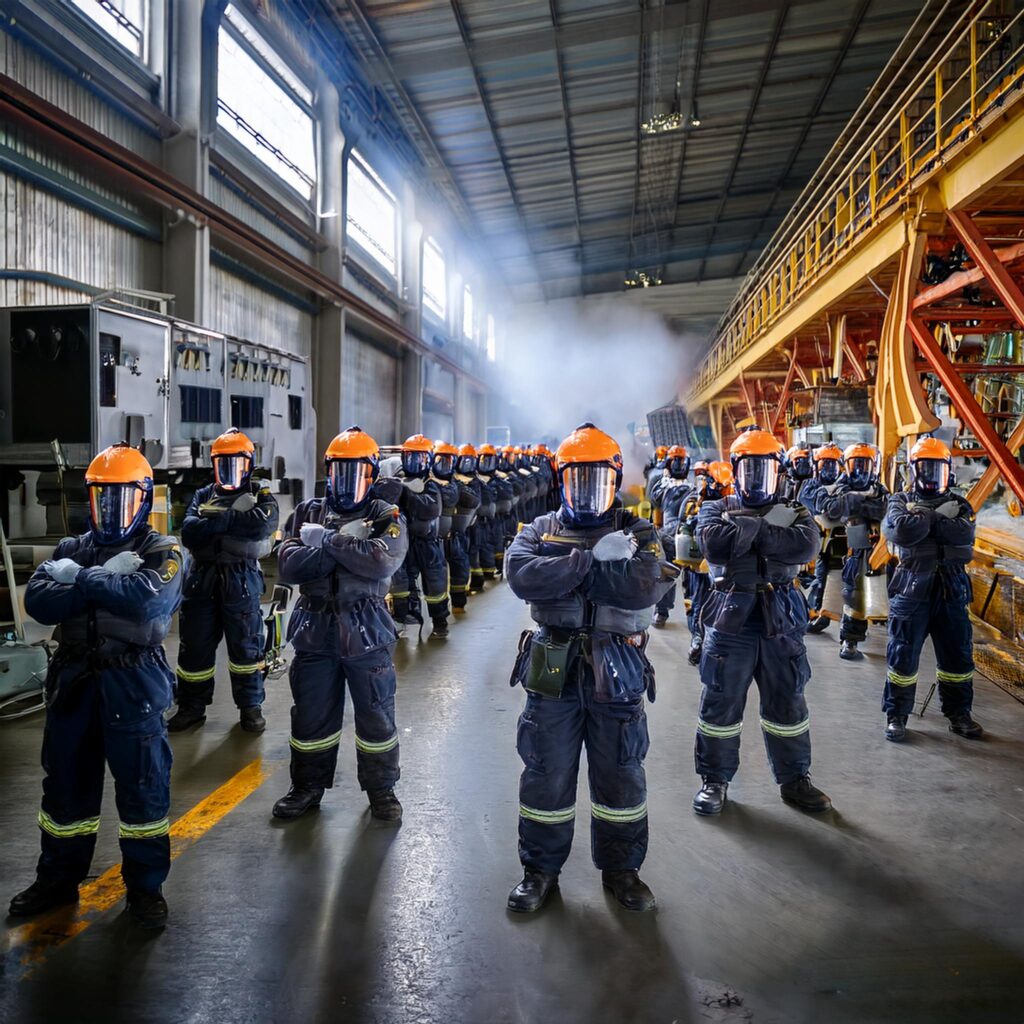Boeing Workers Continue Strike Amid Contract Dispute
September 30, 2024 – Seattle, Washington
As Boeing workers enter the second month of their strike, tensions between the aerospace giant and its employees remain high. Represented by the International Association of Machinists and Aerospace Workers (IAM), the employees are demanding improved working conditions and benefits, despite Boeing’s offer of a 30% wage increase over four years.
The strike began in early September when union members overwhelmingly rejected Boeing’s contract proposal, stating that while the pay increase was substantial, it failed to address critical issues like healthcare benefits, pension contributions, and overtime policies. Workers argue that these factors contribute significantly to their overall quality of life and job satisfaction. Additionally, there are concerns about workplace safety, particularly in light of the increased demand for aircraft production following the pandemic-induced slowdown in global aviation.

Worker Concerns: More Than Just Wages
Although Boeing’s proposed wage increase was higher than industry averages, many union members believe that it does not adequately compensate for the challenging working conditions. Union spokespersons have highlighted issues such as mandatory overtime, reduced pension contributions, and insufficient healthcare coverage as major sticking points in the negotiations.
One striking worker, who wished to remain anonymous, said, “It’s not just about the paycheck. The long hours, lack of benefits, and unsafe working conditions are taking a toll on all of us. We’re not asking for the moon, just for Boeing to treat us fairly.”
The IAM is advocating for comprehensive healthcare plans, better retirement benefits, and a revision of Boeing’s overtime policies, which many workers claim are excessive. The union also seeks to address the safety concerns raised by employees, especially as the company increases production to meet the growing demand for new aircraft.
Impact on Boeing Operations
The ongoing strike has started to affect Boeing’s production capabilities, particularly in the commercial aircraft sector. With the company already facing supply chain challenges, the labor disruption is causing delays in fulfilling orders for its 737 MAX and 787 Dreamliner models. Boeing has declined to comment on the specific financial impacts of the strike but acknowledged that it is closely monitoring the situation and working to reach a resolution with the union.
The strike comes at a critical time for Boeing, as the company tries to recover from both the 737 MAX grounding and the global aviation downturn caused by the COVID-19 pandemic. Industry analysts suggest that prolonged disruptions could have long-term implications for Boeing’s market position, particularly as international competitors like Airbus look to capitalize on any delays.
Media Focus on Economic Consequences, Not Worker Demands
Despite the significant impact on Boeing’s operations, much of the media coverage has focused on the broader economic implications of the strike rather than the workers' concerns. News outlets have reported on the potential loss of revenue for Boeing and the ripple effects on suppliers and airline customers, but there has been less emphasis on the underlying issues driving the workers to strike.
“Workers' voices are getting drowned out,” said one labor rights advocate. “The focus is on how Boeing will recover financially, but very little attention is being paid to the genuine grievances of the people on the front lines.”
Looking Ahead
As the strike continues, pressure is mounting on both Boeing and the IAM to reach a new agreement. The company has indicated a willingness to return to the negotiating table, but union leaders have made it clear that any new offer must address the holistic needs of workers, not just wage increases.
Negotiations are ongoing, but until both sides can find common ground on key issues like healthcare, pensions, and workplace safety, it’s unlikely that the strike will end soon.
For Boeing, the clock is ticking. With global demand for aircraft expected to rise sharply in the coming years, any delay in production could cost the company market share and lead to further economic fallout.
This story continues to develop, and labor experts are watching closely to see how this strike could set a precedent for future labor negotiations in the aerospace industry.
